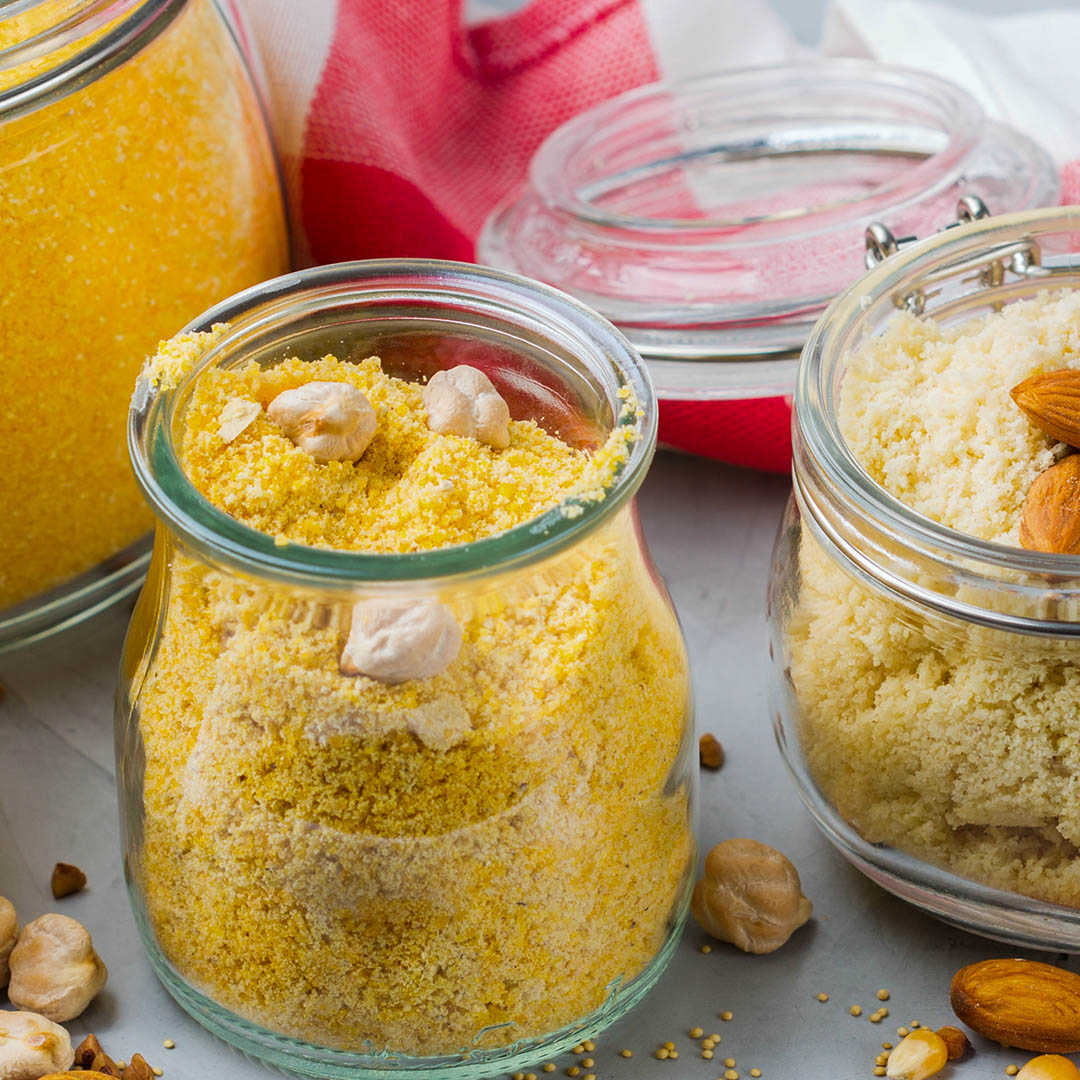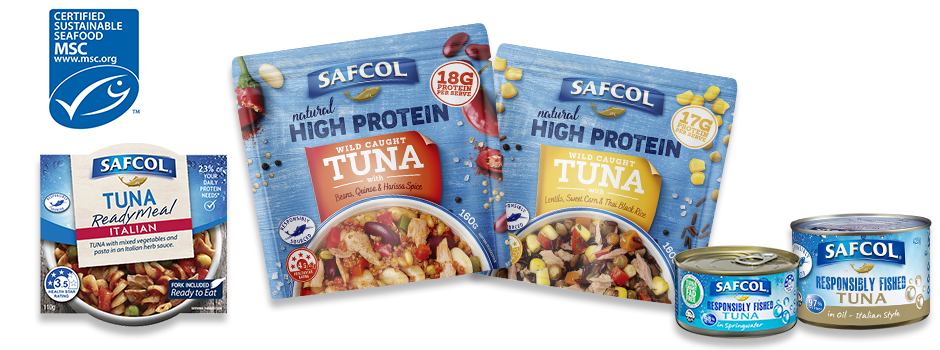4 Common Inflammation Myths
Posted on : January 11, 2021
by Ashleigh Feltham
Accredited Practising Dietitian and Accredited Nutritionist
Are you one of the many confused by what foods cause inflammation? There are many ‘experts’ selling their opinion but unfortunately, these opinions are often not backed up by science. It is time to clear up fact from fiction of 4 common myths on inflammation.

Myth: Gluten causes inflammation
Fact: Unless you have celiac disease or are intolerant to gluten, including gluten sources or whole grains can actually be beneficial for your health.
Research has shown that those who choose to remove gluten from their diet by choice have reduced number and variety of good bacteria in their gut.
Having a good variety of good bacteria in your gut actually means that your body functions better as your good bacteria communicate and help look after your organs from your brain to your liver. Good bacteria also help keep your body in an anti-inflammatory state by creating a healthy environment in your gut and releasing chemicals and gases which decrease your risk of many diseases and cancers.
Myth: All fat is bad
Fact: Fats are also your friend; it’s about the type. Fat is essential for an anti-inflammatory state.
Fat is needed for your body to produce hormones, pad the soles of your feet, protect your organs from damage and absorb the fat-soluble vitamins A, D, E and K, some of which are essential for immune function.
The types of fats you want to reduce are trans fats which are known to increase inflammation in your body. Saturated fat is not a bad fat but does increase inflammation if eaten in large quantities. Try to limit the amount of saturated fat you include to 10% or less over a day.
The best fats to include in larger amounts include omega-3 fat, a polyunsaturated type of fat found in foods like Safcol Seafood. Seafood is a key food to include in your diet 2-3 times a week. This type of fat helps to decrease the inflammation in your body and promotes healthy cholesterol which decreases your risk of heart disease. Your brain is made up of 60% fat and of this, the omega-3 fat makes up the largest part.
Other healthy fats are monounsaturated fats which can be included at around 20% of your total fat intake in a day. These are found in larger amounts in foods like avocado, extra virgin olive oil and canola oils. The second ‘super fat’ food is nuts, which not only has a range of healthy fats but also fibre which helps feed your gut and indirectly helps to maintain healthy hormones and as a result lower inflammation.
Myth: Milk causes inflammation
Fact: Unless you have an allergy to milk this is one of the most nutrient-dense and healthy beverages for your body. Even if you are lactose intolerant most people can drink up to half a glass of milk daily without an issue.
Milk contains many nutrients which help reduce inflammation by promoting optimal body function from B12 for a healthy mind and immune function, calcium and phosphorous for strong bones and teeth, vitamin B2 to help your body convert food to energy, potassium for healthy blood pressure, iodine for a healthy thyroid and metabolism and skin maintenance.
Myth: Sugar causes inflammation
Fact: Define sugar.
Dairy, whole grains and fruit contain forms of sugar. However, these foods in their whole form do not promote inflammation and in fact, are anti-inflammatory to your body. These foods are high in fibre and antioxidants which help your body fight the inflammatory reactions it is exposed to, reducing your risk of disease, cancer and slowing the ageing process. It is the refined carbohydrates and added sugars from cakes, biscuits, sweets, and sauces which are the culprits.
Take home message
You deserve the best quality of life and if you have a body which is stressed and inflamed constantly this reduces your health and life quality. Be careful who you trust as a nutrition expert. Overly restricting your diet can promote inflammation and there is sadly much more nonsense than fact available.




